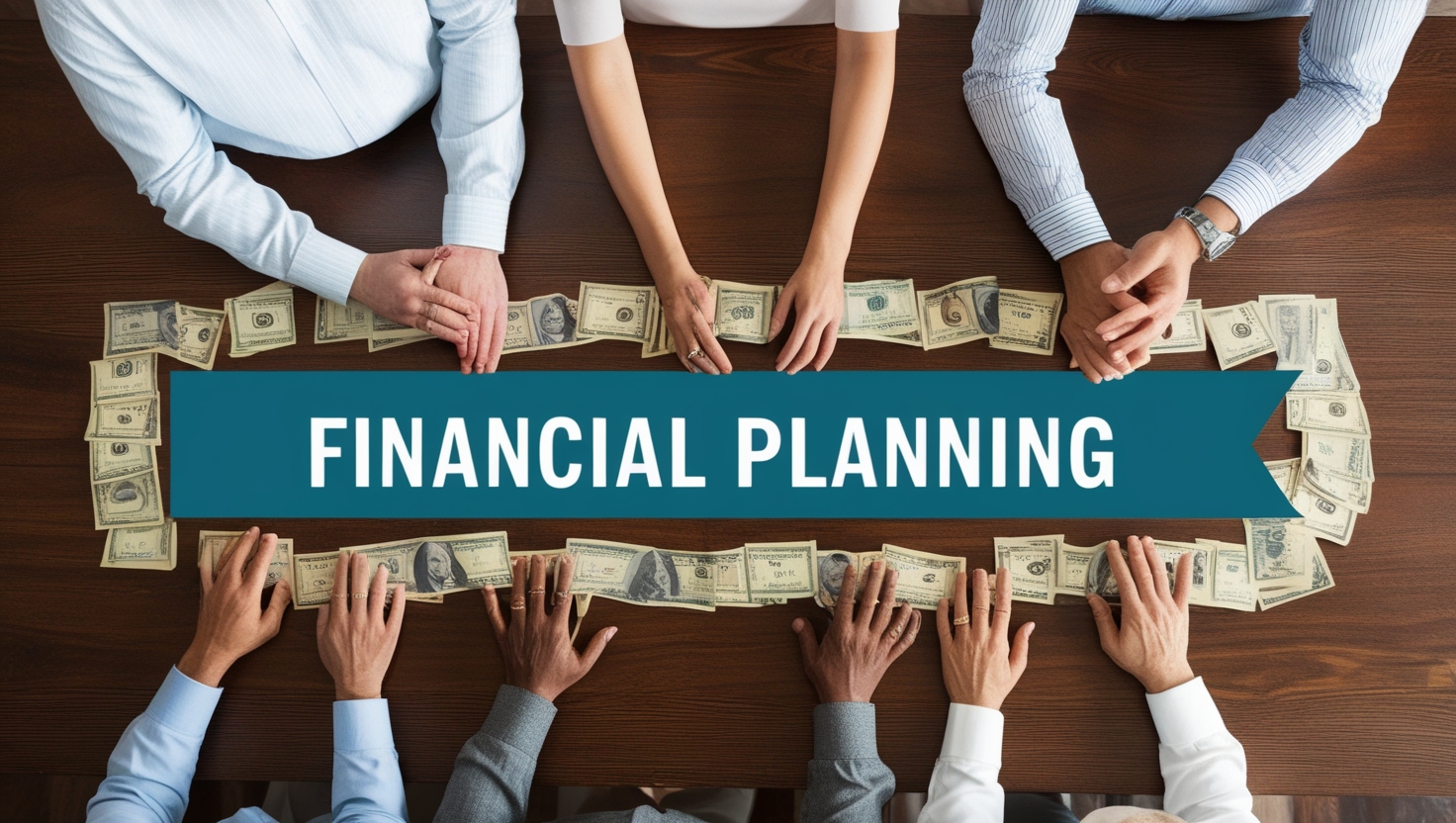Introduction: Financial Confidence and Economic Independence - More Than Just a Dream
Achieving financial confidence and economic independence has long been a goal for many. It is often seen as a distant dream, but in reality, it is an achievable goal through proper planning, commitment, and, most importantly, adopting sound financial habits.
Chapter 1: Understanding Financial Confidence and Economic Independence
What is Financial Confidence?
Financial confidence is the feeling of security and control over your finances. It is knowing that you are able to manage your money effectively, make informed decisions, and achieve your financial goals.
What is Economic Independence?
Economic independence is the ability to cover your expenses and live with dignity without relying on a job or fixed income. It is achieving financial freedom that allows you to pursue your passion and achieve your ambitions.
Chapter 2: The Importance of Small Financial Habits
We often underestimate the impact of small habits, but in reality, they are what shape our financial future. Just like drops of water that form a river, small financial habits accumulate to make a big difference in the long run.
- Regular Saving: Even a small amount saved regularly can accumulate into a large amount over time.
- Tracking Expenses: Knowing where your money is going is the first step to controlling it.
- Avoiding Unnecessary Debt: Debt can hinder your financial progress and increase stress.
Chapter 3: Building an Effective Budget
A budget is a roadmap for your money. It helps you set your financial goals, track your spending, and make sure you are spending your money on the things that really matter to you.
Steps to Build an Effective Budget:
- Determine Your Monthly Income: Know how much you earn each month.
- Track Your Expenses: Use an app or spreadsheet to track where your money is going.
- Set Your Financial Goals: What do you want to achieve with your money? (Pay off debt, buy a house, early retirement)
- Create a Spending Plan: Allocate money to each category of expenses (housing, food, transportation, entertainment).
- Review and Adjust Your Budget Regularly: Make sure your budget still reflects your goals and circumstances.
Chapter 4: The Power of Saving and Investing Early
The sooner you start saving and investing, the better. This is because time plays a big role in the growth of your money. The power of compound interest is your greatest ally in building wealth.
Examples of Early Investing:
- Mutual Funds: An easy way to diversify your investments.
- Stocks: Can provide high returns, but are also more risky.
- Bonds: Less risky than stocks, but offer lower returns.
- Real Estate: A long-term investment that can provide rental income and appreciation in value.
Chapter 5: Paying off Debt - An Essential Step Towards Economic Independence
Debt can be a heavy burden that hinders your financial progress. Paying off debt is an essential step towards achieving economic independence.
Debt Repayment Strategies:
- Snowball Method: Pay off your smallest debts first to achieve quick wins and increase motivation.
- Avalanche Method: Pay off the debts with the highest interest rate first to save money in the long run.
- Debt Consolidation: Combine your debts into one loan with a lower interest rate.
Chapter 6: Diversifying Income Streams
Relying on a single source of income can be risky. Diversifying income streams can provide you with financial security and flexibility.
Ideas for Diversifying Income Streams:
- Freelancing: Offer your services as a freelance writer, graphic designer, or web developer.
- Investing in Real Estate: Buy properties and rent them out.
- Creating an Online Store: Sell products online.
- Investing in Stocks and Bonds: Generate income from dividends and interest.
Chapter 7: Developing Your Financial Skills
Financial literacy is the key to financial success. Continue to develop your financial skills by reading, attending training courses, and talking to experts.
Resources to Learn More About Money:
- Books: There are many excellent books on money and investing.
- Online Training Courses: Many platforms offer training courses on money and investing.
- Financial Blogs and Websites: There are many blogs and websites that offer valuable financial information and advice.
Chapter 8: Protecting Your Wealth
After you start building your wealth, it is important to protect it from unexpected risks.
Ways to Protect Your Wealth:
- Insurance: Life insurance, health insurance, and property insurance.
- Estate Planning: Create a will to distribute your property after your death.
- Diversify Your Investments: Don't put all your eggs in one basket.
Chapter 9: Living with Financial Awareness
Living with financial awareness means being aware of your financial habits and making informed decisions about your money.
Tips for Living with Financial Awareness:
- Be Aware of Your Values: What are the things that really matter to you? Spend your money on the things that bring you real happiness.
- Avoid Impulsive Spending: Think carefully before making any purchase.
- Compare Prices: Before buying anything, compare prices from different stores.
- Find Ways to Save Money: There are many ways to save money on your everyday purchases.
Chapter 10: Consistency and Perseverance
Building financial confidence and economic independence is a journey, not a destination. It requires consistency and perseverance. Don't give up if you face challenges along the way. Learn from your mistakes and keep moving forward.
Example from the Arab Market: Consider a young Arab who started saving 100 riyals monthly and investing it in diversified investment funds. After 10 years, with continued commitment, his investments grew significantly, contributing to achieving a large part of his financial goals.
Real Statistic: A recent study showed that people who follow a specific budget are 70% more likely to achieve their financial goals in the long term.
"An investment in knowledge always pays the best interest." - Benjamin Franklin




